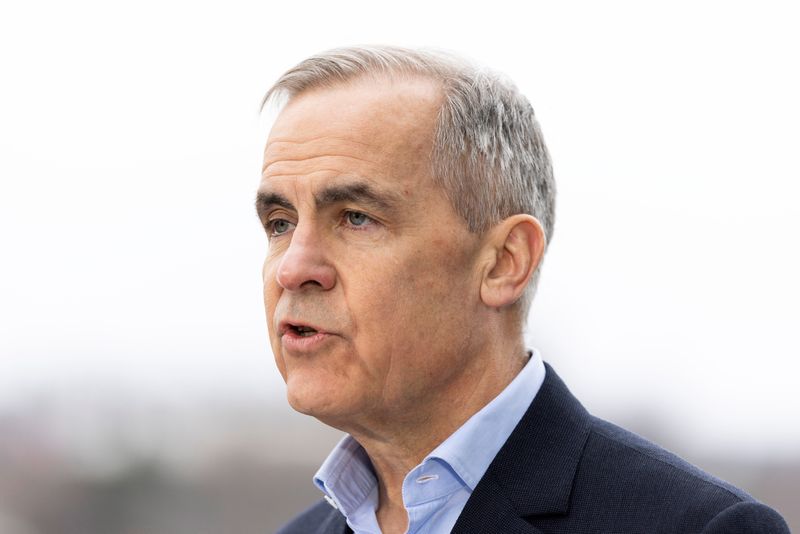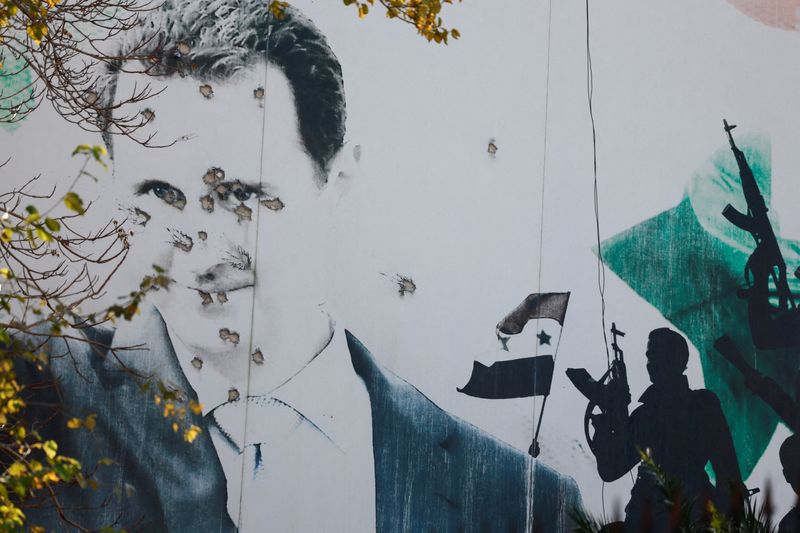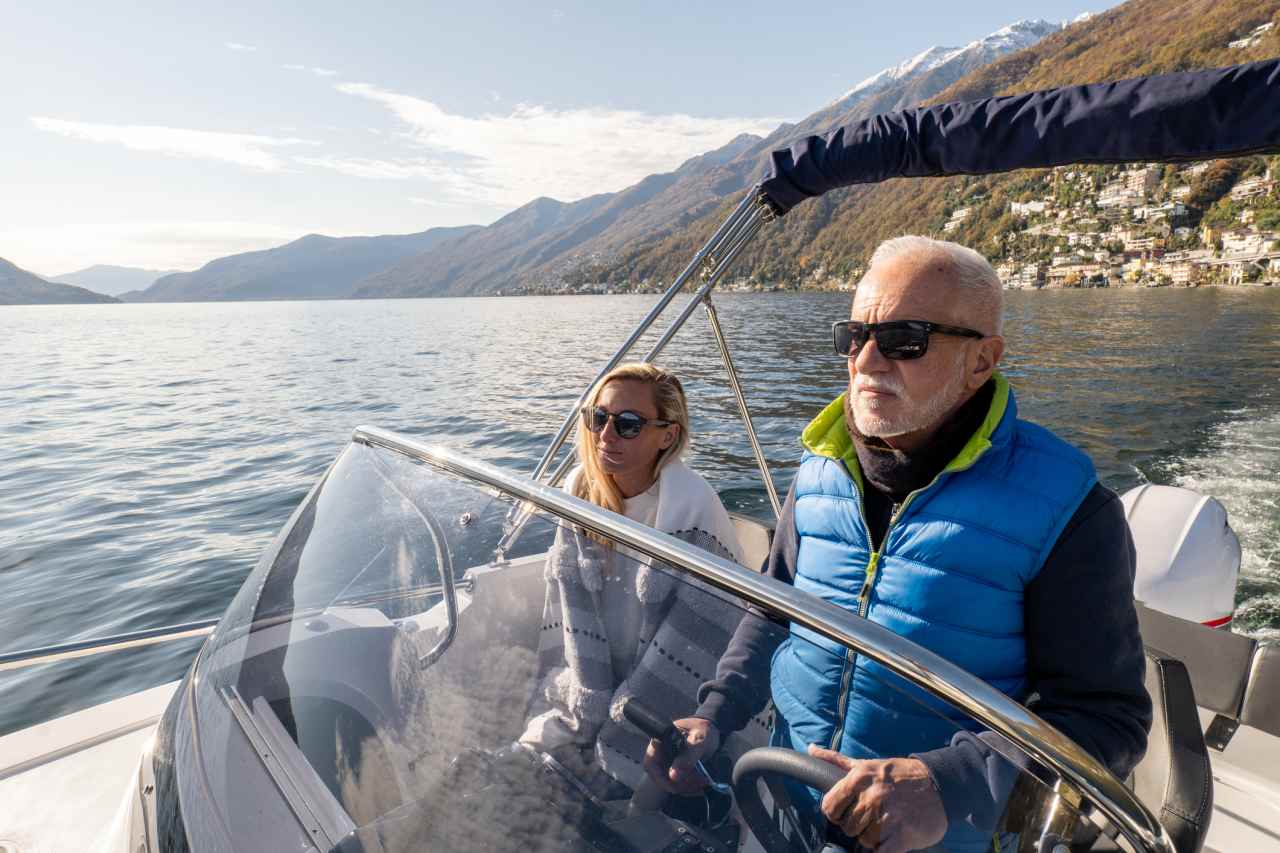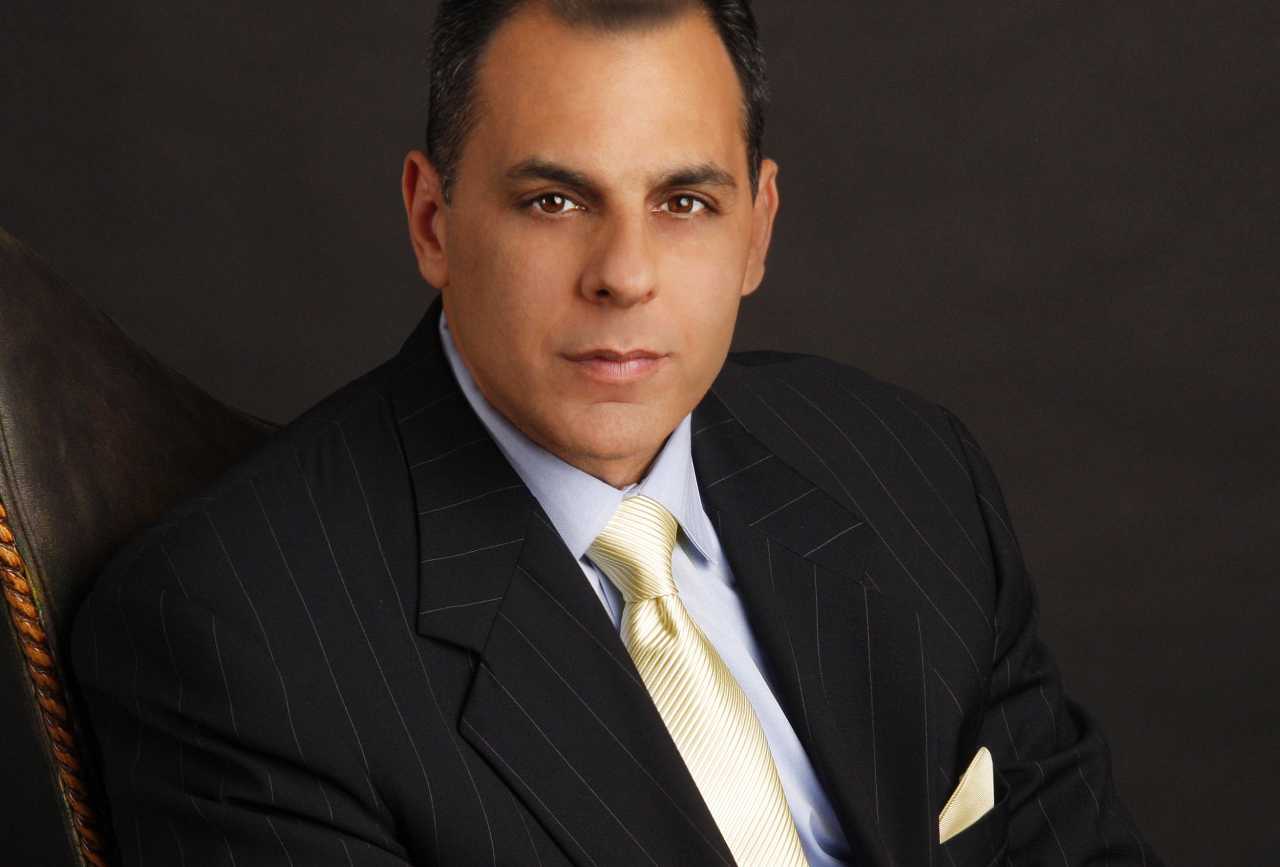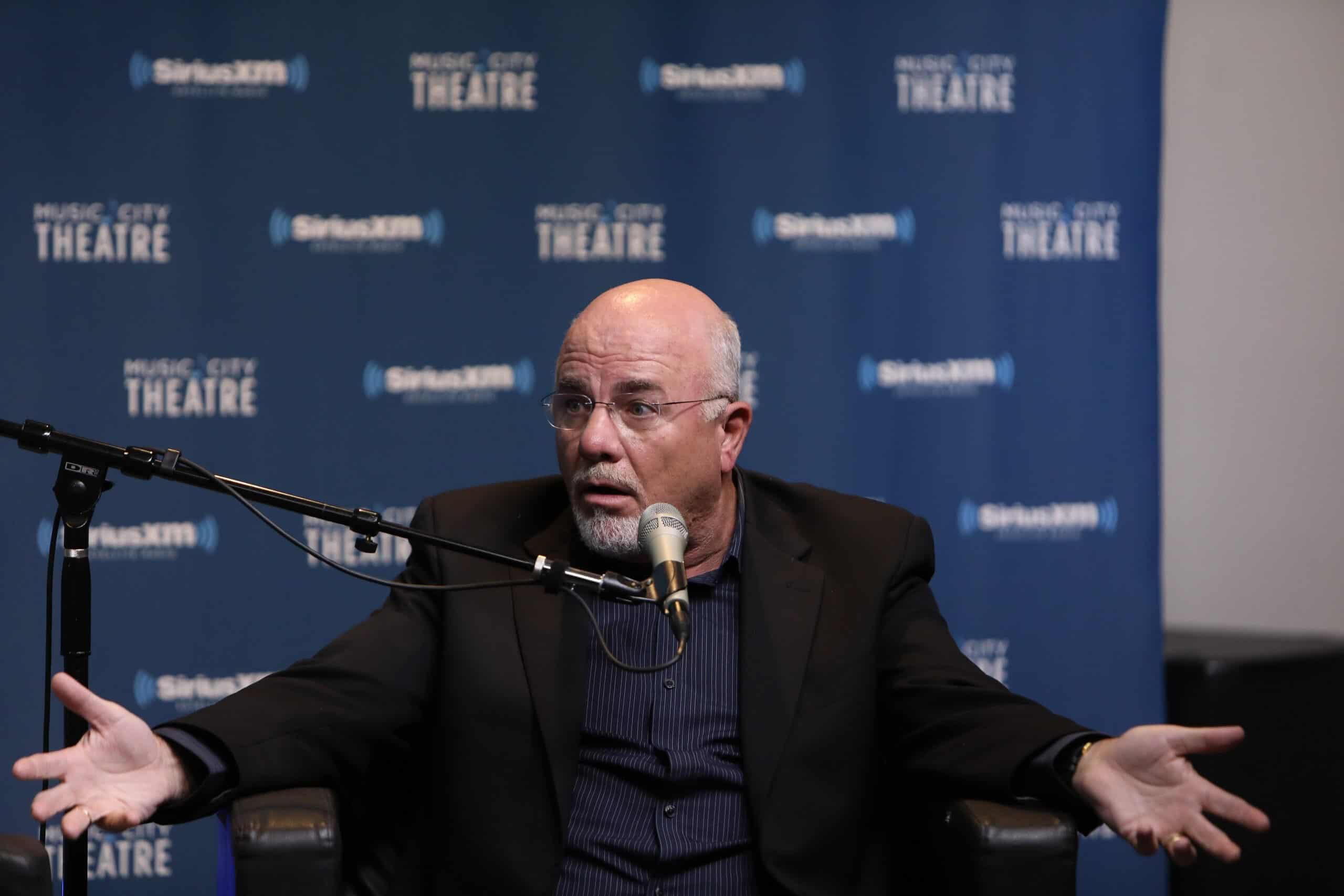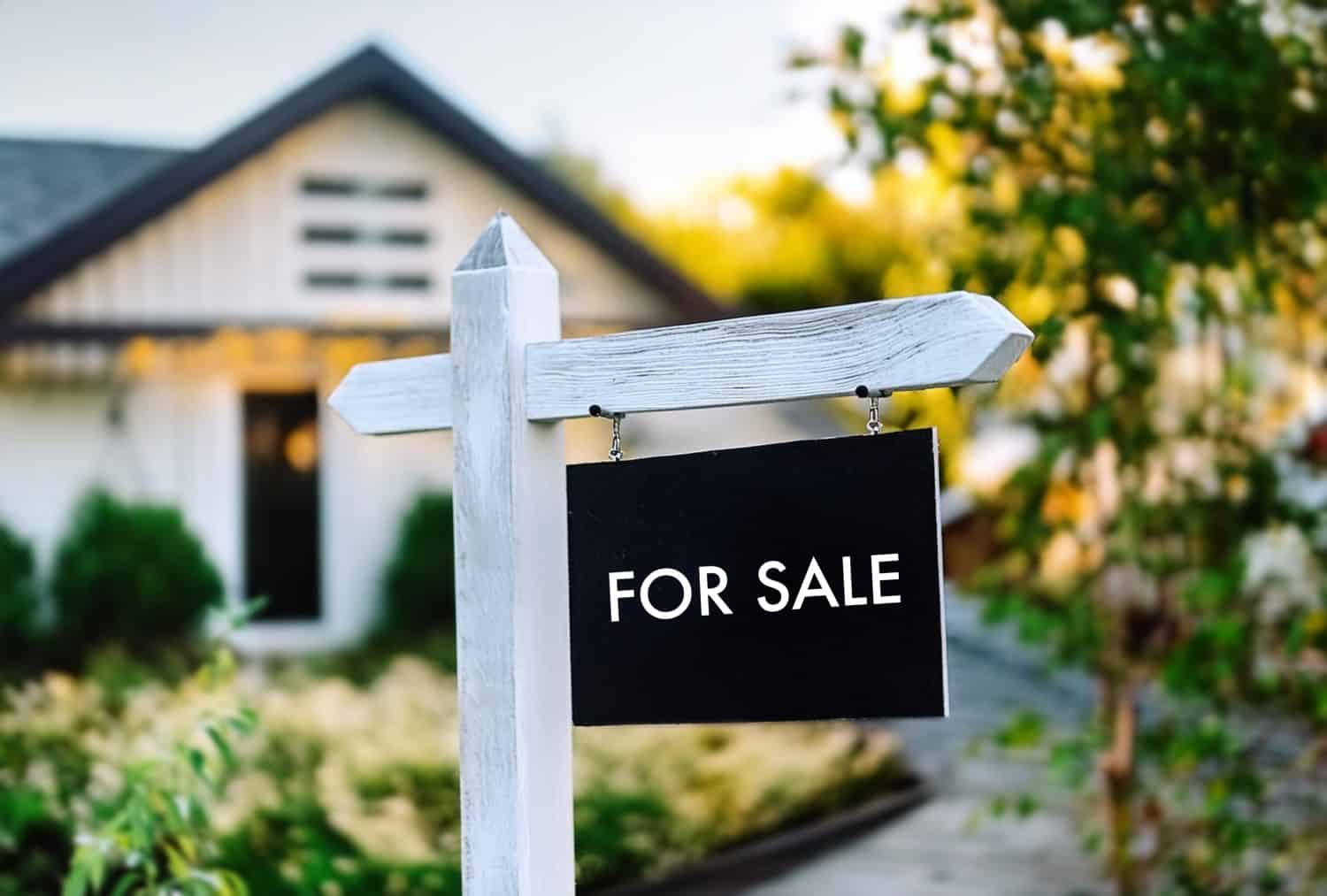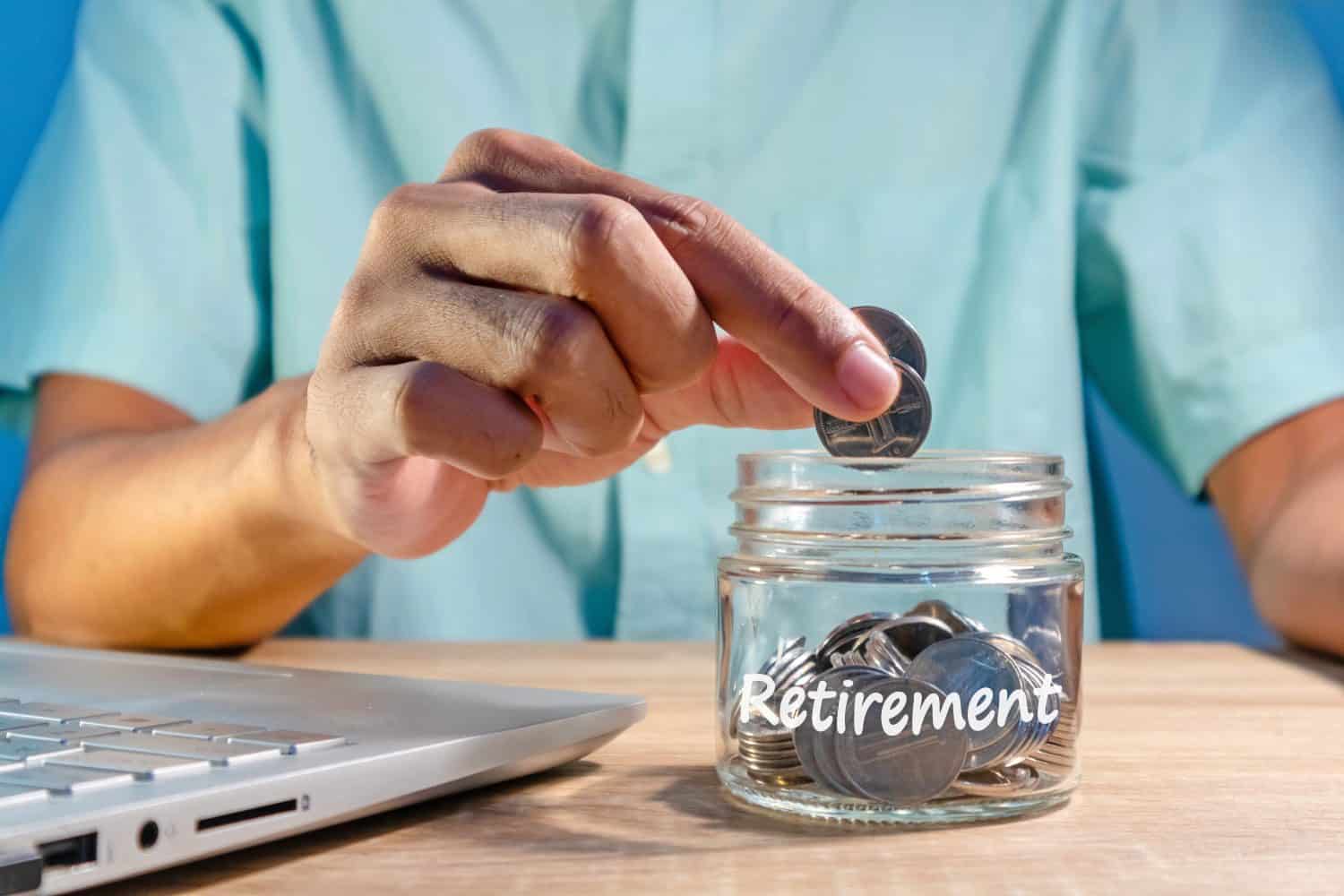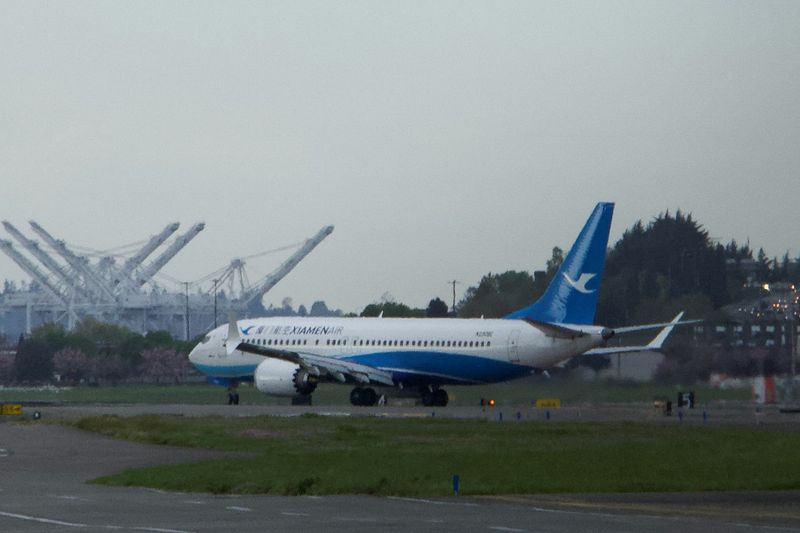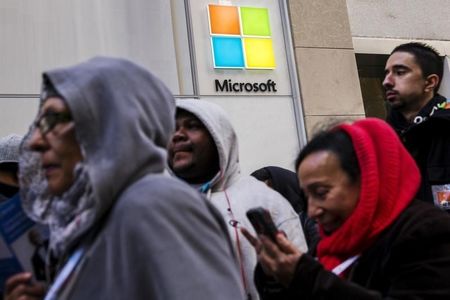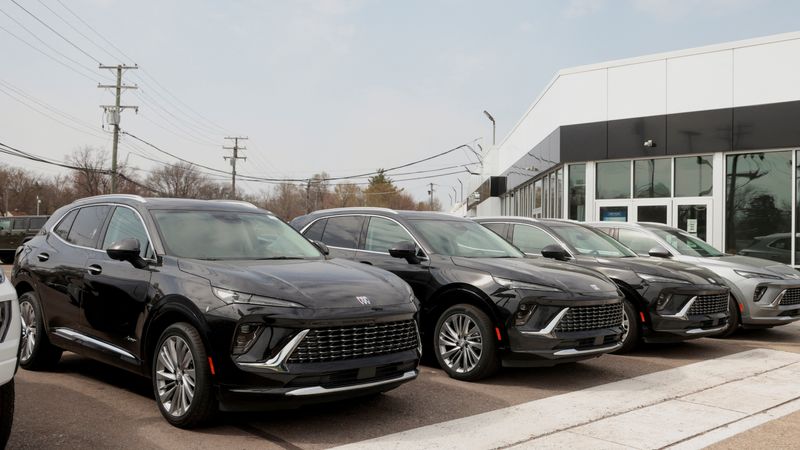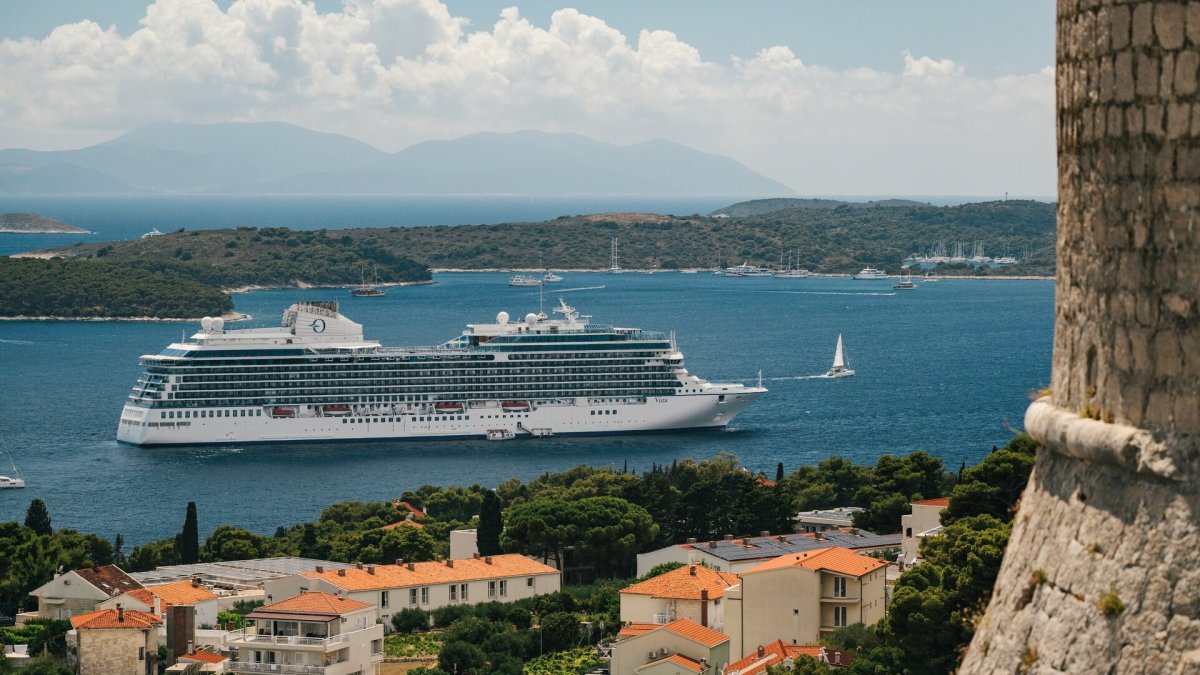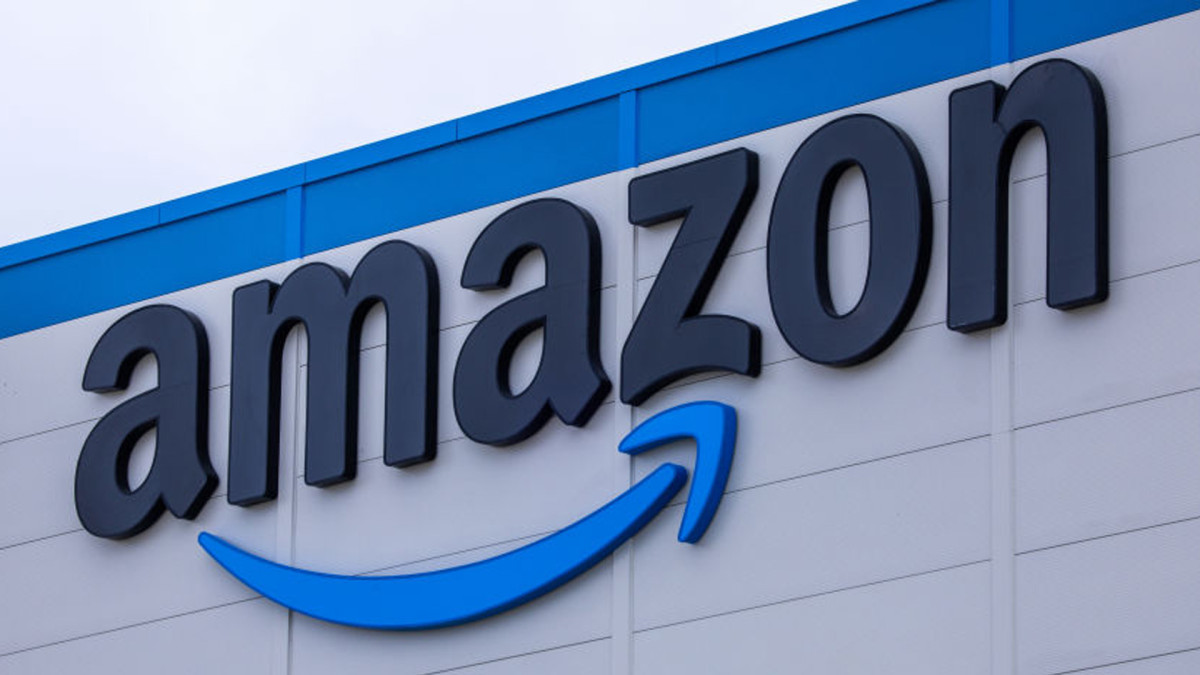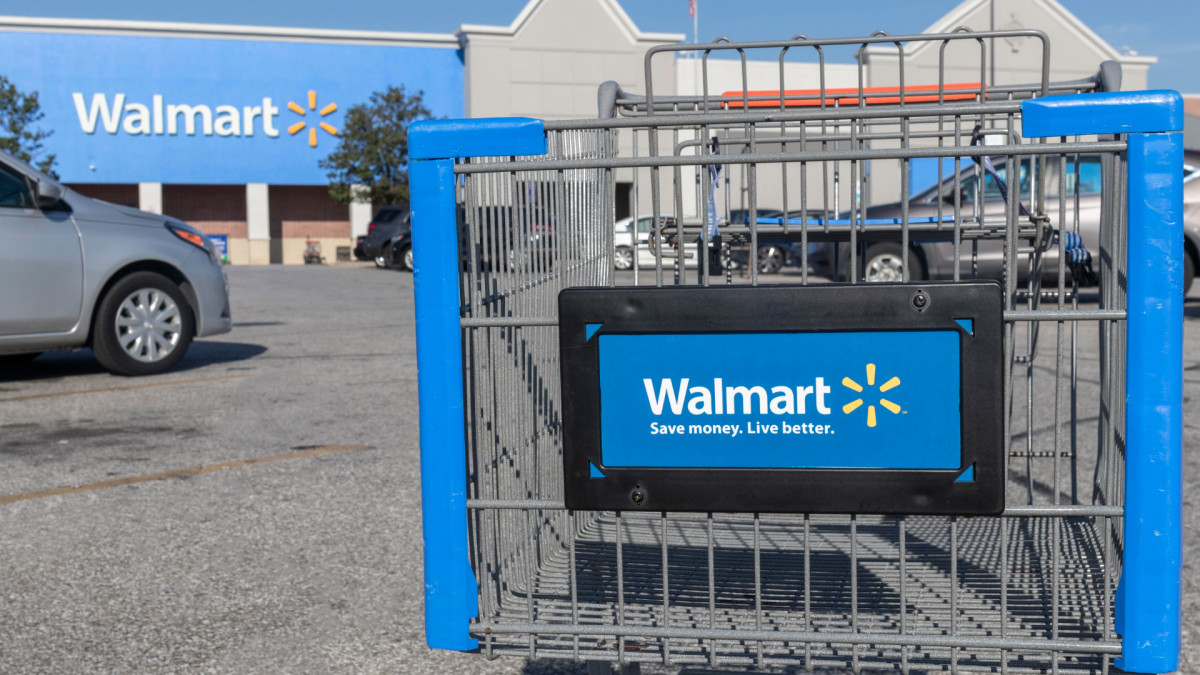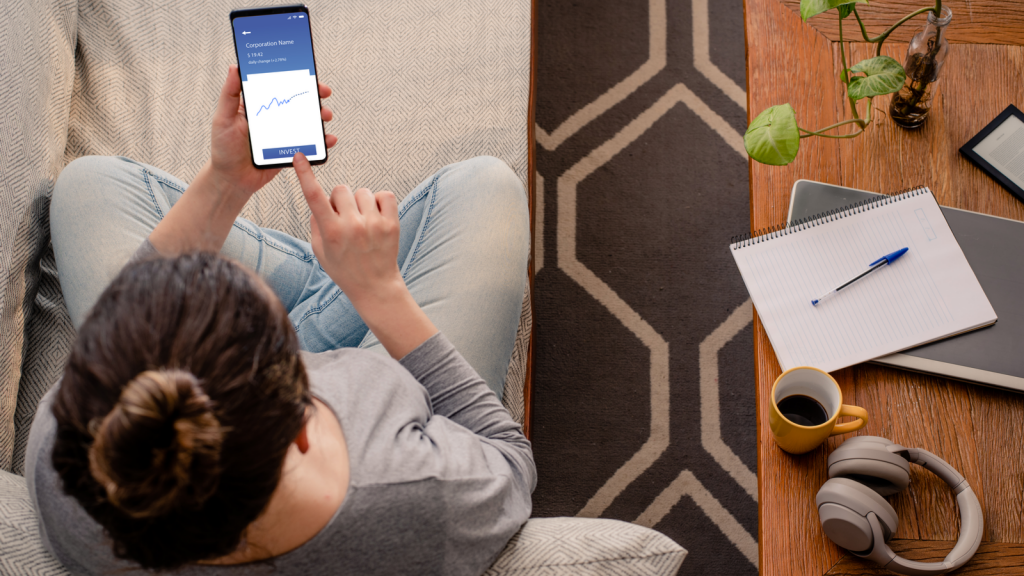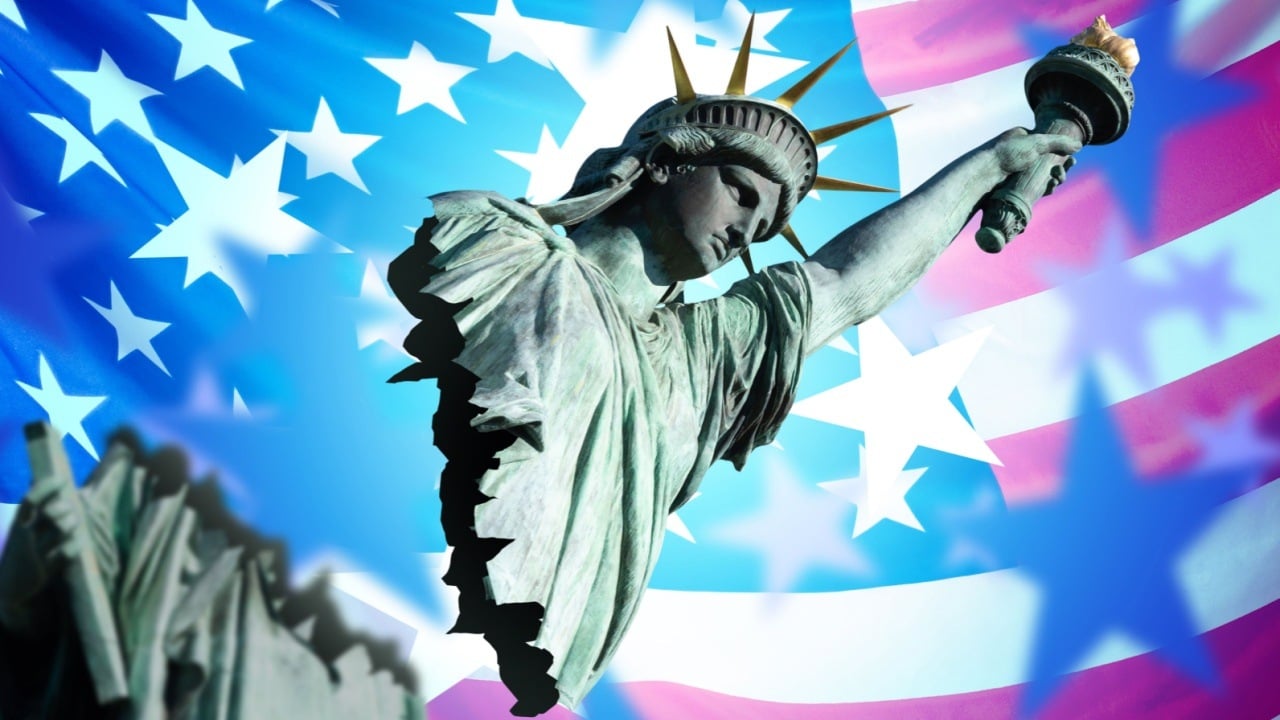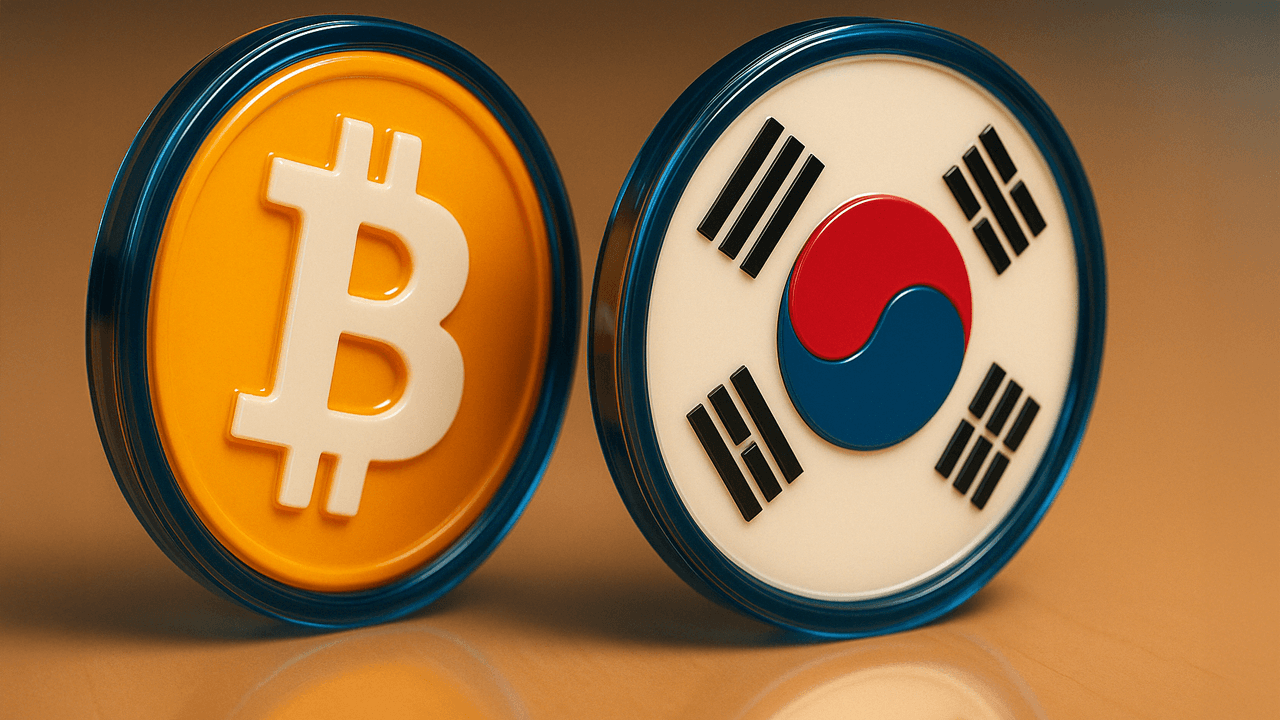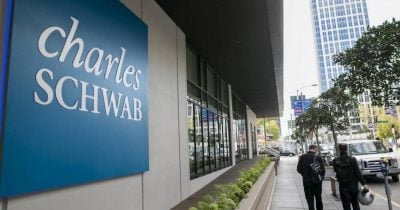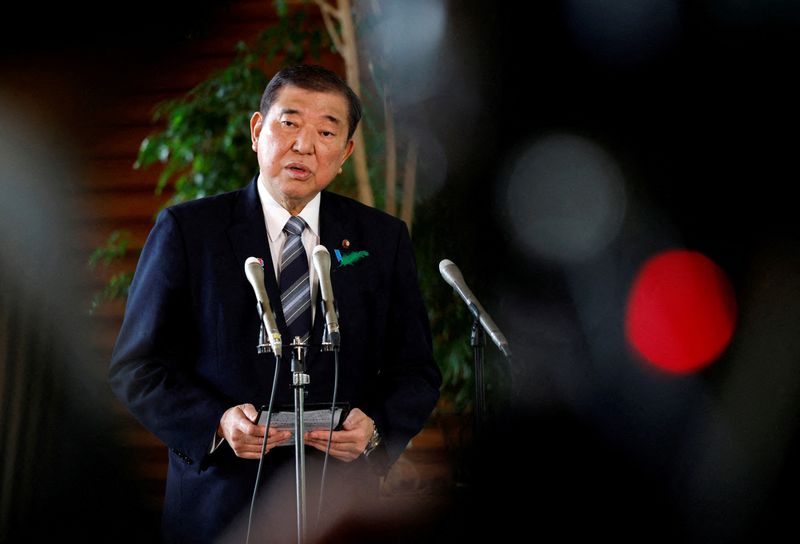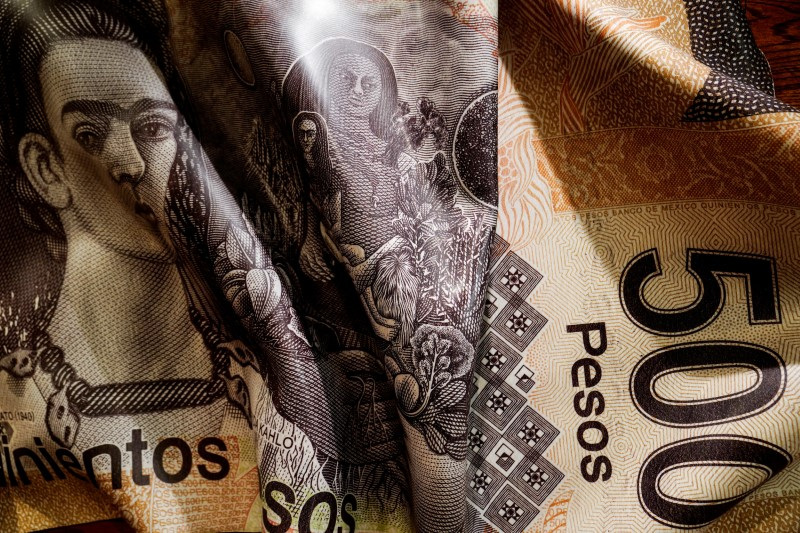Don't fall for airlines bragging about their use of AirTags
The accomplishment appears overrated.

Over the last few months, a number of airlines have started using Apple (AAPL) 's Share Item Location and sent out dramatic press releases about how they are "revolutionizing" travel.
United Airlines (UAL) enabled the feature for any traveler declaring lost luggage through its app back in December. Air Canada (ACDVF) , British Airways, Aer Lingus (AIRXF) , Air New Zealand (ANZFF) , Singapore Airlines (SINGF) and KLM (AFRAF) are some of the other carriers that use it for tracking luggage while, on Feb. 20, American Airlines (AAL) became the latest major airline to come onboard.
Don't miss the move: SIGN UP for TheStreet's FREE daily newsletter
Airlines are asking for your help to find missing luggage and framing it as 'revolutionary'
While this is being positioned as a way to "help customers travel with even more confidence" (the phrasing used by United's Chief Customer Officer David Kinzelman back in December), let's go over what is actually being done here: Any AirTag that the traveler chose to place inside their luggage can now be synced into the airline's system and shared with their workers.
Airlines are, in other words, asking for your help to find your missing luggage.
Related: United Airlines, Air Canada start using AirTags to not lose luggage
That is, of course, in no way a bad thing to do as lost luggage should be treated like as an "all hands on deck" situation. Since Apple first launched the AirTag in 2021, tens of thousands of travelers have started putting them in bags they check while flying in order to feel more control over their property by seeing where it is on their phone.
In one case, a Delta (DAL) traveler used Share Item Location to track a pair of headphones he left behind on a flight from Atlanta to Raleigh to the home of an employee who decided to pocket them.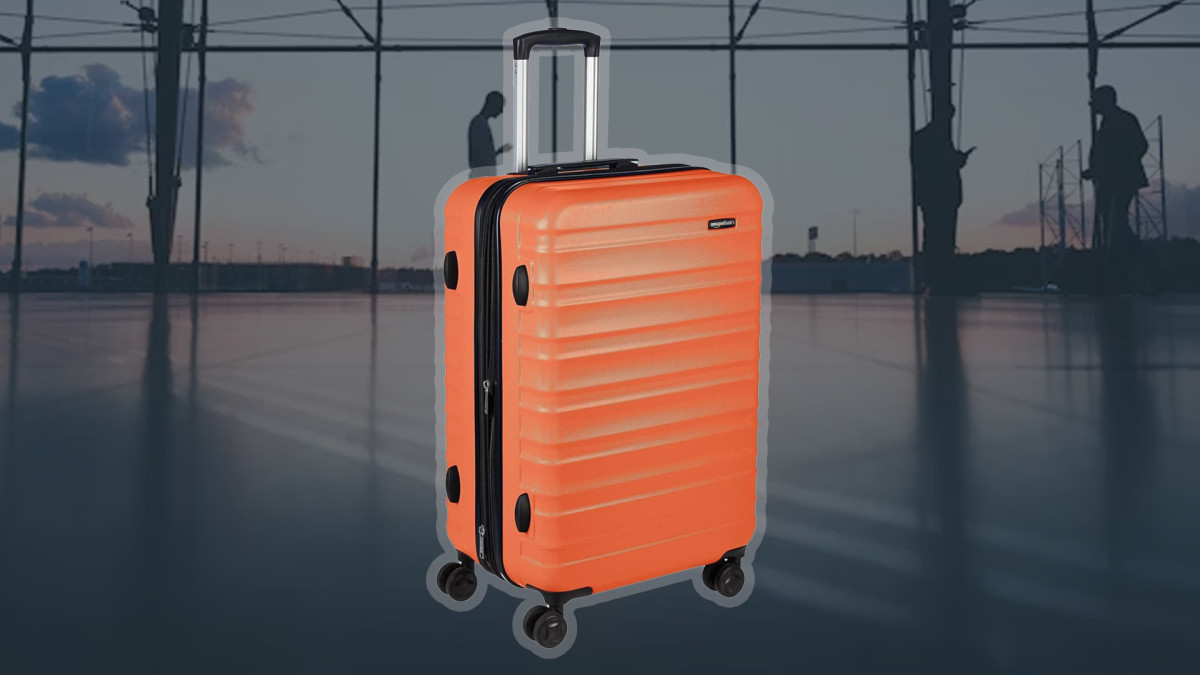
Instead of bragging, airlines should consider a compelling marketing campaign
Such cases are, of course, extremely rare and only exceptional enough to make internet headlines.
According to both numbers provided by airlines like United and American themselves and reports from independent evaluations, fewer than 1% of bags they check end up getting separated from the owner, while an even smaller percentage of those are never located.
In the case that a bag has not made it back to the baggage claim and you happen to see where it is on your phone, there is no reason not to share the location with the airline.
More on travel:
- Southwest Airlines make a change some passengers won't like
- United Airlines to bring back route it hasn't flown for five years
- Is another part of Mexico becoming 'the next Tulum'?
Anything that will help the bag be found and returned to the rightful owner faster can and should be mobilized. But this should not in any way be presented as some kind of special accomplishment for the airlines — not every passenger who checks a bag will or should be expected to use an AirTag.
Making sure the bag gets back to the owner at the end of the flight is the responsibility of the airline alone.
Lost bags may be rare but, when they do occur, that responsibility should not be shifted onto the traveler. Something like "sorry we effed up and need your help to tell us where the bag is" would make for a killer marketing campaign.
Related: Veteran fund manager issues dire S&P 500 warning for 2025




